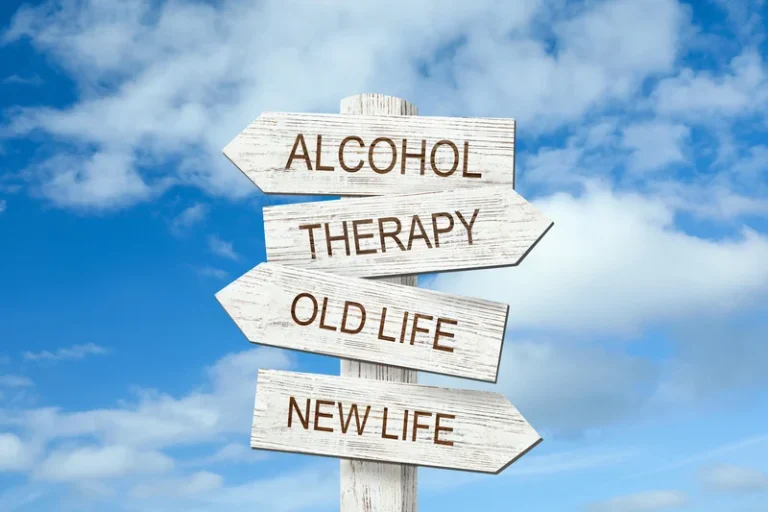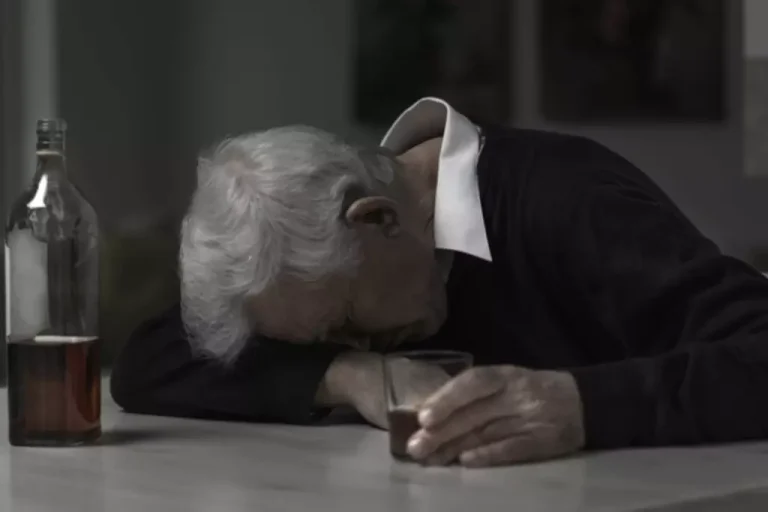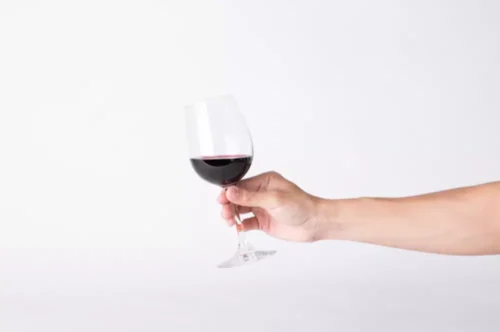
Alcohol may be a form of self-medication for people with depression. The “burst” of energy from alcohol can be a welcome relief against some symptoms. For example, alcohol may temporarily reduce anxiety and lower inhibitions. Individuals with alcohol use disorder may drink too much alcohol, too often.
What Makes a “Crazy Drunk Person”?
Those who don’t think about the consequences of their actions are more likely to adversely affect themselves and others. Additionally, when you don’t reflect on mistakes you’ve made, you’ll probably repeat them. Typically, alcoholism and anger anger will lead to aggression unless something happens to resolve the situation. If an intoxicated person becomes upset because the bartender refuses to serve them, help from a friend might calm them down.
How alcohol contributes to aggression
- The views herein do not necessarily represent the official views of the NIAAA or the NIH.
- Data from 2006 to 2018 indicate that both the men and women increasingly binge drink; in women, the largest increase was found in the age group 30–44 years without children (Sarah and Keyes, 2019).
- This theory states that alcohol decreases a person’s ability to focus, causing them to only hear and notice certain things.
- In such a case, drinking alcohol can further exaggerate the condition and precipitate anger-related issues.
If you have a natural tendency to be angry, drinking alcohol may cause you to become aggressive. Anger expression may also be confused with aggression or hostility, two consequences of drinking commonly cited in research. The link https://ecosoberhouse.com/ between alcohol and aggression has been established since the 1990s, and a World Health Organization (WHO) committee in the 2000s noted aggression is more closely linked to alcohol use than any other psychoactive substance.

Why is anger so common among people who drink?

The result was that the intoxicated men were more aggressive than the sober men; however, in the circumstances where the women were highly provoked, both the intoxicated and sober women displayed higher levels of aggression, which could resemble the men. This suggested that both the women and men can be equally aggressive and alcohol does not seem to play a prominent role in the gender biases in aggression. Prior reports have established alcohol-induced aggression among males (Lipsey et al., 1997), which appears to vary across the ethnic groups and geographical regions (Caetano et al., 2001).
- Both treatments were delivered by female, masters-level social workers in accordance with treatment manuals for each condition; both therapists delivered both treatment protocols.
- It was found that the prevalence was higher for females than males from 2000 to 2010 for any binge drinking in the preceding month.
- This passage tells how God cares for them because his love is steadfast and his faithfulness is steadfast.
- This link is miscellaneous, involving both physiological and psychological factors.
- To combat aggressive behavior when drinking, individuals should consciously seek help.
What Are the Immediate and Long-Term Health Benefits After You Stop Drinking Alcohol?

Alcohol-Related Aggression Treatment
Addiction Treatment Programs
